Young people between the ages of 13 and 17, most of them women, are increasingly suffering from emotional regulation problems that end up in anxiety disorders, suicidal behaviour or nutritional problems. On World Mental Health Day we recover this interview that we published in the spring-summer magazine of Mallorca Global Mag
This is the main profile that the Balearic Institute of Mental Health of Children and Adolescents (IBSMIA) attends to. “Some time ago with my best friend I remembered a lot of situations in which I have been on the edge and in all my suicide attempts I always ended up calling for help. Thanks to that I am alive”. Lucia (real name) is an 18-year-old girl suffering from Eating Disorder (ED) with episodes of depression and anxiety. Hospitalised in 2019, the diagnosis eventually progressed from Anorexia Nervosa to Bulimia “which I am still struggling to recover from today”.
Her problems with eating started at a very young age: “By the age of five I hated my body, I was constantly comparing myself to others and trying to hide my body as much as possible. At 14, I was doing more than four hours of exercise cycling and eating practically nothing for two weeks.

It was a remedial teacher at school who saw her “super tired and down” and spoke to her. “Talking is expressing and sometimes it is complicated with the people around you”, so the first thing to do is to seek a psychologist, even though “the last thing you want is help. The mind is totally governed by the illness”. “I have really needed those people who have never let me give up. Without them I might not even be alive. Today, despite having lows and anxiety, I want to live, to do things and to have a future”.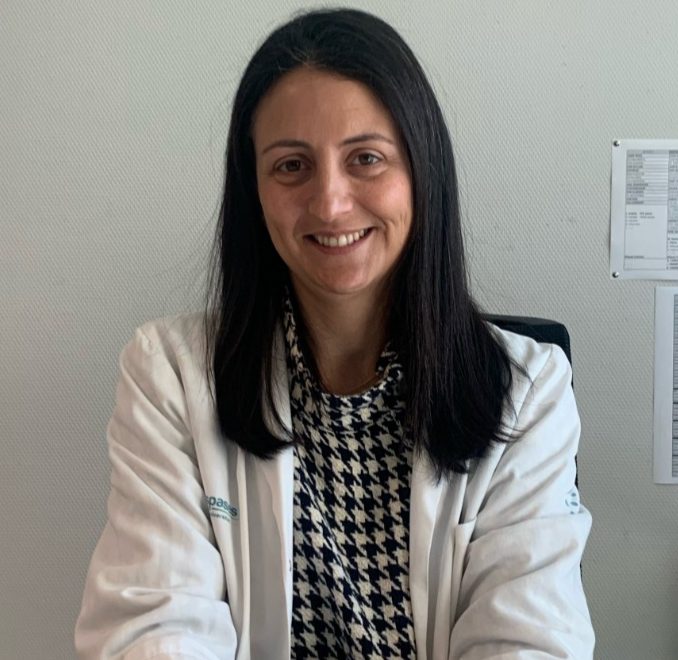
According to Elisa Nadal, clinical psychologist at the IBSMIA Day Hospital, changes in behaviour, lack of school attendance, a drop in academic performance, high levels of insecurity and isolation are unmistakable warning signs. “There is a lack of emotional education and coping skills. In addition to continuing to accompany families in the child and youth stage with parenting schools,” she says.
For Ricardo Haro, a psychologist, the role of the family is essential: “We spend less and less time listening to them and they stop talking. They search the internet and communicate dangerously with people they don’t even know. They need not to be judged, they need us to share family meals, weekends, to supervise content and hours in front of the screen”.
Helplines: 024, 061, 971 461 112, family doctor.
You can read this and other contents in the spring-summer magazine of Mallorca Global Mag that you will find in the newsstands.

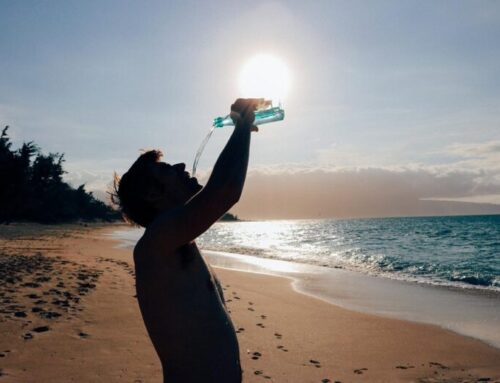
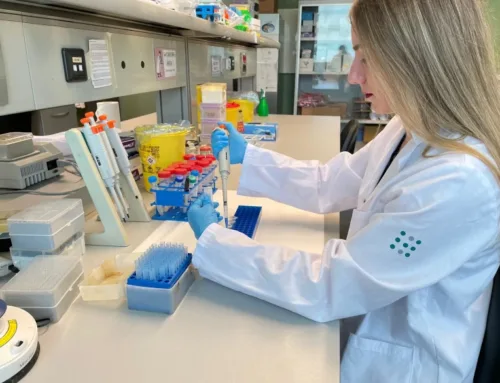
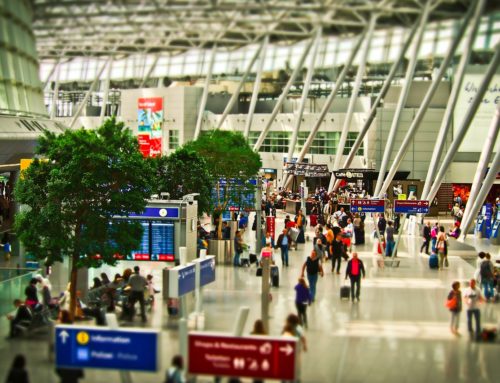
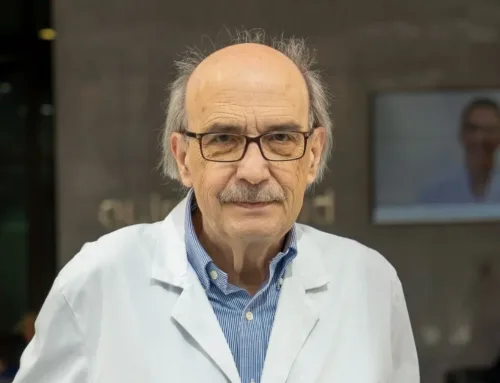
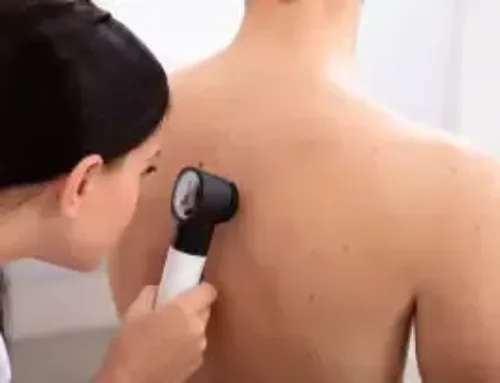

Leave A Comment